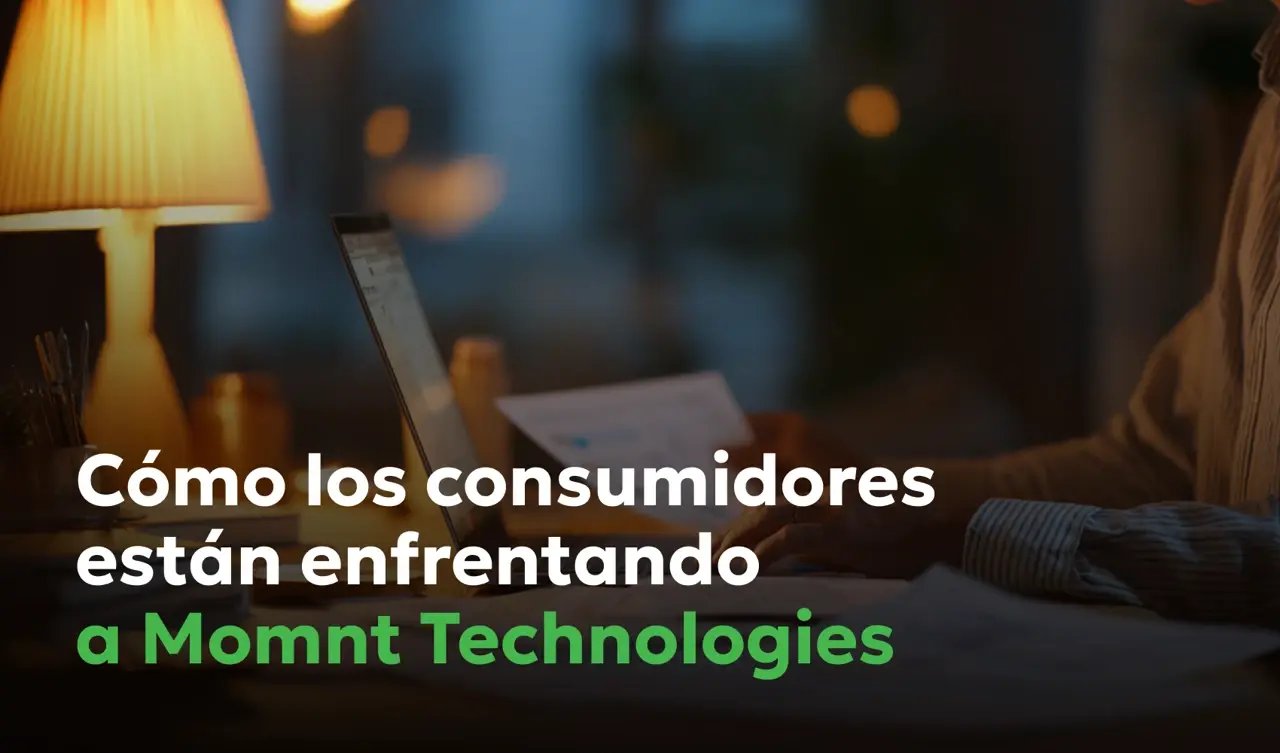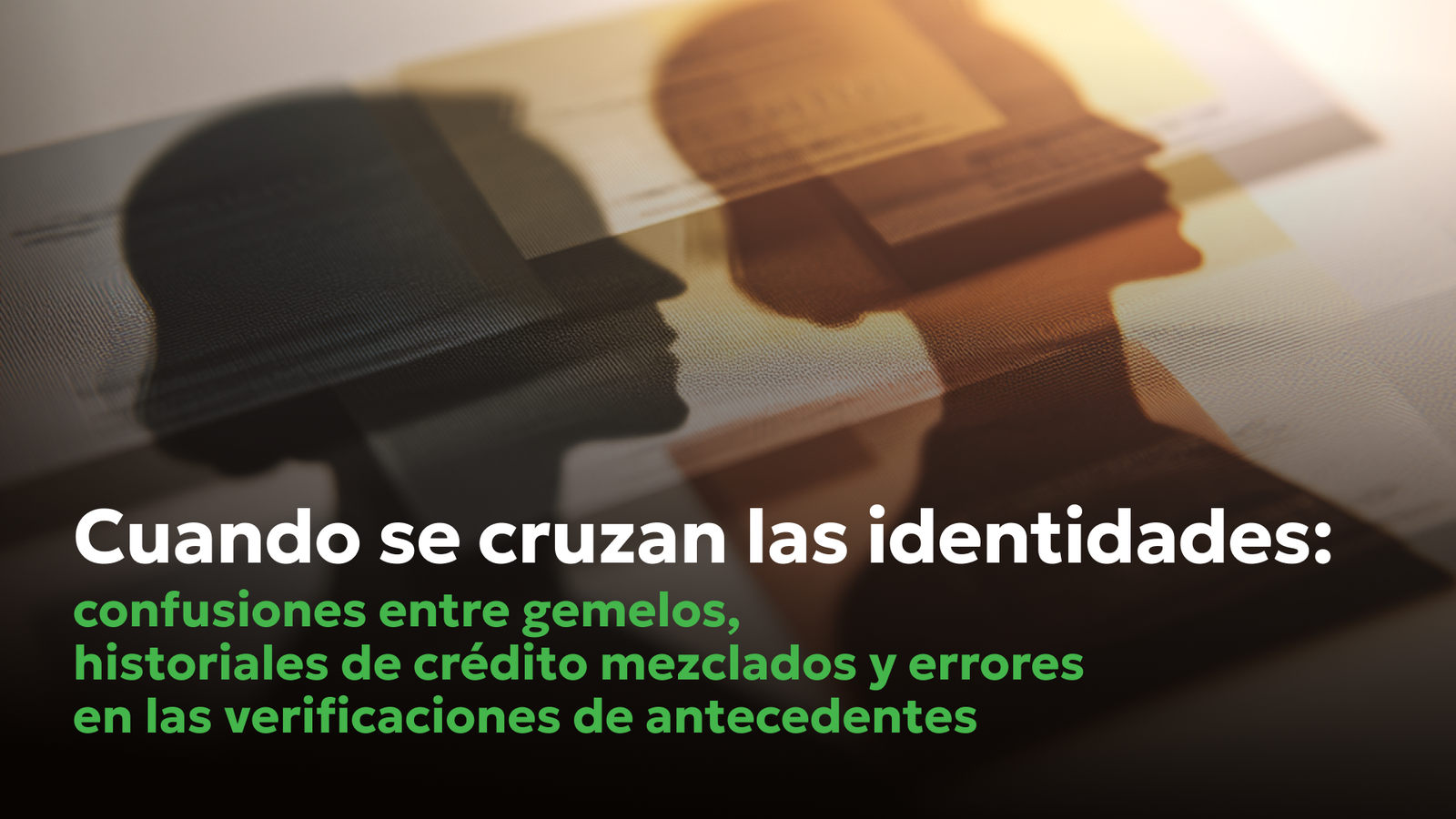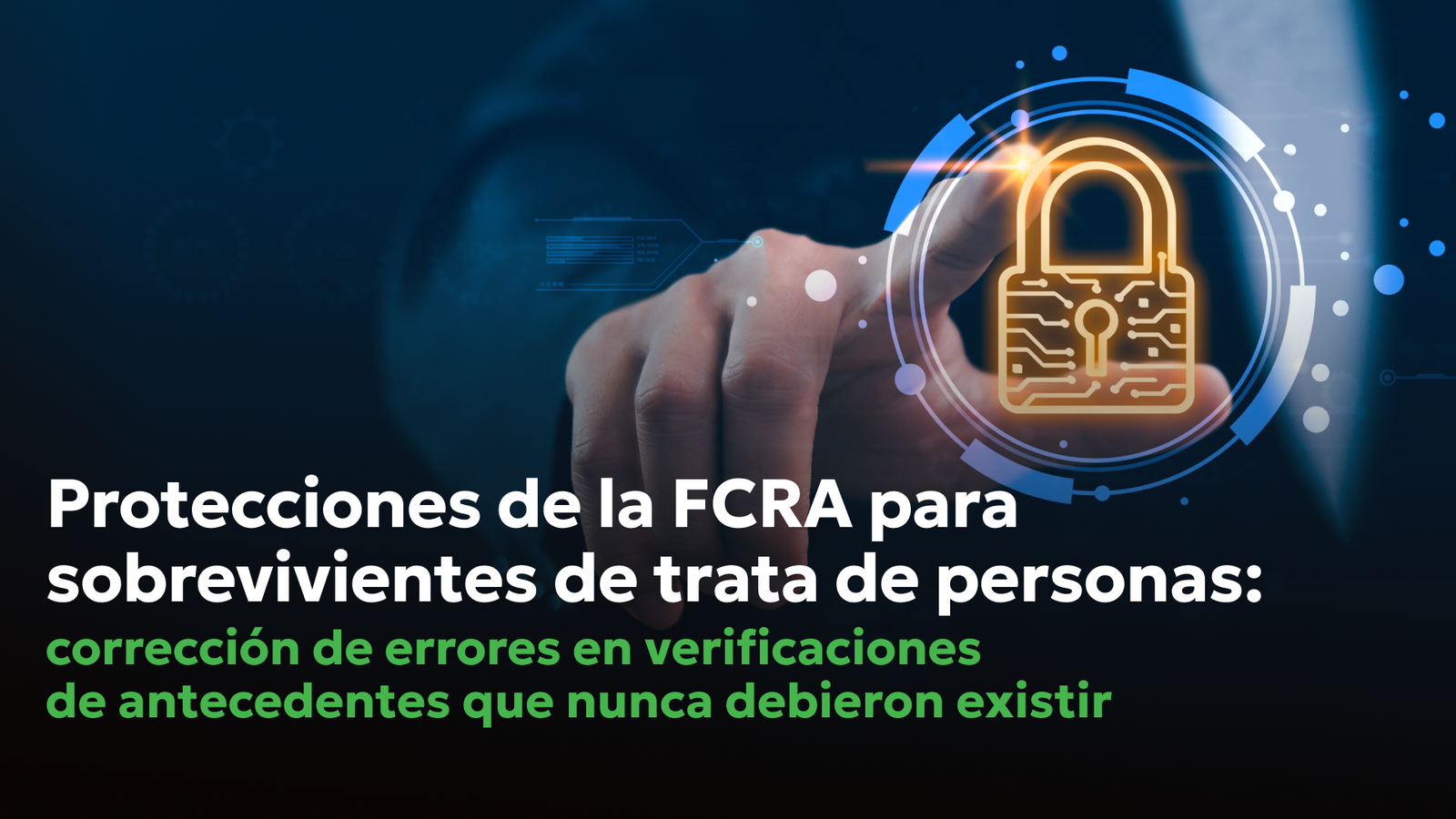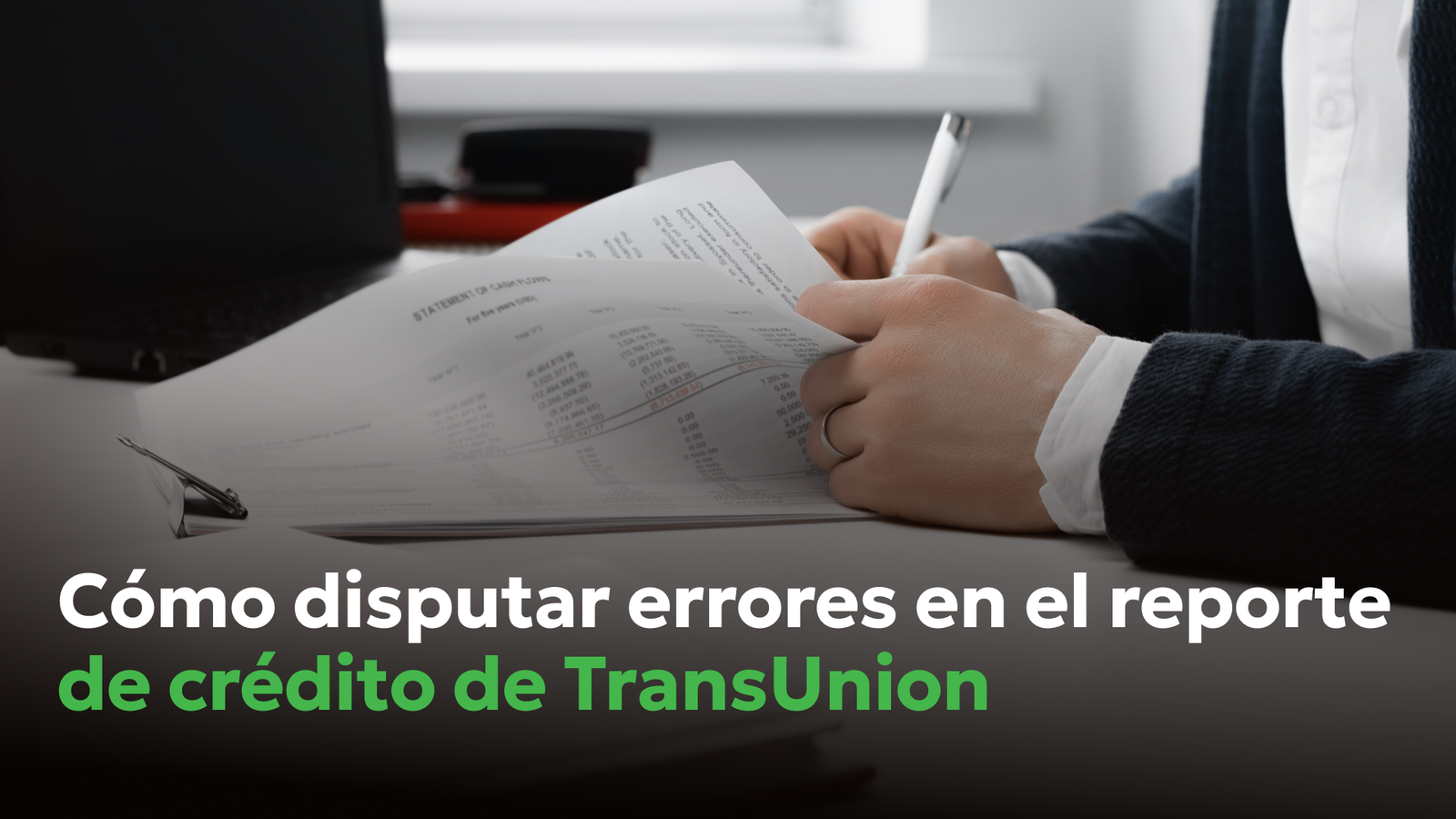Cómo un error de codificación de Equifax llevó a que millones de puntajes de crédito incorrectos se emitieron a los prestamistas
Cómo un error de codificación de Equifax llevó a que millones de puntajes de crédito incorrectos se emitieron a los prestamistas
- Blog
- Inexactitudes en los Informes de Crédito
Cómo un error de codificación de Equifax llevó a que millones de puntajes de crédito incorrectos se emitieron a los prestamistas

El error de codificación de Equifax provocó la emisión de millones de calificaciones crediticias incorrectas a los prestamistas
El enredo tecnológico ocurrió mientras Equifax realizaba la transición a una nueva infraestructura en la nube entre el 6 de marzo y el 6 de abril.
Equifax, una de las tres agencias de crédito responsables de los datos de millones de consumidores, sufrió esta semana un grave contratiempo después de que un problema de codificación ocasionara la emisión de puntajes crediticios incorrectos a los prestamistas.
El enredo tecnológico ocurrió cuando Equifax estaba realizando la transición de su servidor local a su nueva infraestructura en la nube durante marzo y abril. En un comunicado la agencia dijo que aproximadamente 300,000 puntajes de consumidores se vieron afectados en al menos 25 puntos, lo que podría afectar la capacidad de los consumidores para adquirir préstamos.
Si bien los informes de crédito no se modificaron como resultado de los errores de cálculo de la codificación, según Equifax, la agencia no ha emitido ninguna recomendación respecto a la forma cómo los consumidores pueden averiguar si sus calificaciones se encuentran entre las afectadas.
"El problema se ha solucionado, estamos trabajando junto a los prestamistas acelerando la transición de este sistema a la Nube de Equifax, que proporcionará mecanismos de control y monitorización adicionales que ayudarán a detectar y prevenir problemas similares en el futuro", ha explicado Equifax en un comunicado.
¿Qué es exactamente Equifax?
Equifax es una de las principales agencias de informes crediticios de los Estados Unidos, junto con TransUnion y Experian. Equifax recopila y agrega información sobre más de 800 millones de consumidores y 88 millones de empresas en todo el mundo.
Equifax emplea aproximadamente a 10,000 personas en todo el mundo y cuenta con $3,100 millones en ingresos anuales. En 2017, la agencia sufrió una gravísima brecha de ciberseguridad que puso en peligro la información personal de 147,9 millones de consumidores estadounidenses de Equifax. Números de Seguro Social, números de licencia de conducir, direcciones, credenciales de tarjetas de crédito fueron extraídos de la base de datos de Equifax en el ataque cibernético.
¿Qué significa el fallo de Equifax y qué puedo hacer al respecto?
Para los 300.000 consumidores cuyos puntajes se vieron afectados por lo menos en 25 puntos, el diferencial es lo suficientemente significativo como para cambiar una calificación crediticia dada de "regular" a "pobre", de "bueno" a "regular", y así sucesivamente.
Eso significa que a uno de estos consumidores se le podrían haber negado préstamos para automóviles, hipotecas, préstamos personales y líneas de crédito para los que de otro modo habrían sido aprobados. Desafortunadamente, Equifax no ha ofrecido transparencia a los consumidores para que puedan averiguar si sus puntajes se vieron afectados por la falla tecnológica.
Como respuesta al incidente, el bufete de abogados Morgan and Morgan, con sede en Florida, presentó una demanda colectiva contra Equifax solicitando un juicio por los daños sufridos por los consumidores individuales. Por lo tanto, si su puntaje cambió entre el 6 de marzo y el 6 de abril de 2022, cuando ocurrió la falla, podría ser elegible para unirse a la demanda colectiva.
Por ejemplo, la demandante principal del caso, Nydia Jenkins, vio como su puntuación de crédito se desplomó repentinamente por 130 puntos, lo que la obligó a "solicitar otro préstamo de un concesionario de 'compre ahora' y recibió un préstamo con tasas mucho menos favorables", según la demanda.
Aunque originalmente se aprobó que Jenkins pagara $ 350 por mes por el préstamo que obtuvo, la falla de Equifax resultó en que tuviera que pagar $ 252 cada dos semanas. La demanda busca a otros consumidores que sufrieron acciones adversas similares debido al inconveniente de Equifax.
Pero antes de que un consumidor se involucre en una demanda colectiva, lo primero que debe hacer es verificar su informe crediticio. Si su puntaje cambió significativamente durante el tiempo de la falla de Equifax, el siguiente paso es presentar una disputa para documentar su reclamo.
Puede leer más sobre cómo presentar una disputa e incluso acceder a una plantilla fácil de usar de Consumer Attorneys aquí. Si necesita ayuda, háganos saber— estamos aquí si nos necesita.


Daniel Cohen es el fundador de Consumer Attorneys. Daniel gestiona los esfuerzos de branding, marketing, captación de clientes y desarrollo de negocio de la firma. Desde 2017 es miembro de la Asociación Nacional de Defensores del Consumidor y del Centro Nacional de Derecho del Consumidor. Es reconocido nacionalmente en la protección de los consumid... Leer más





Artículos relacionados




R
ES™Usted no asume ningún gasto. La ley exige que ellos paguen.


